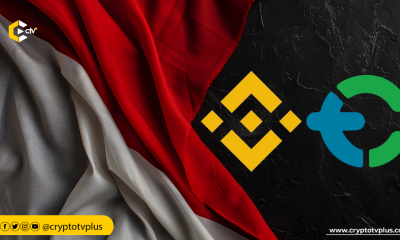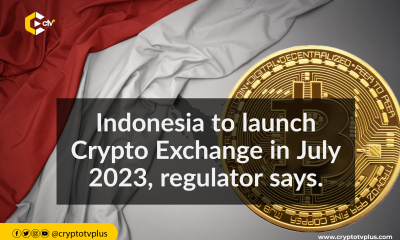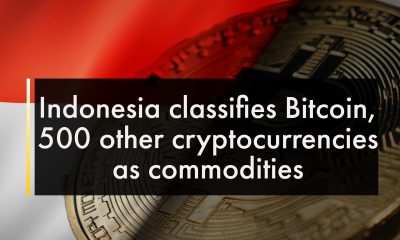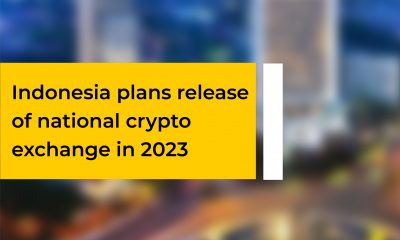News
Indonesian Postal Service introduces NFT Stamps
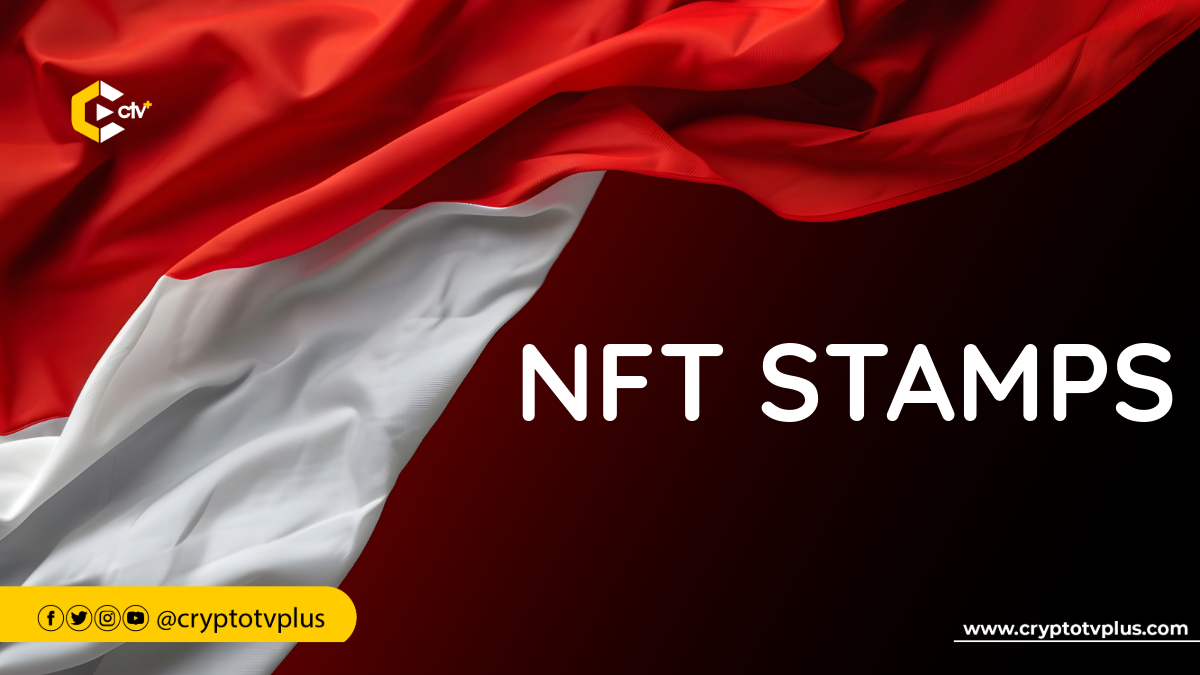
The Indonesian postal service has launched a series of NFT stamps, an initiative that allows customers to purchase and collect digital stamps that represent unique designs and themes, leveraging blockchain technology to ensure authenticity and ownership.
The introduction of NFT stamps aligns with the growing trend of digitization and modernization within postal services globally, providing a new revenue stream and engaging younger, tech-savvy consumers.
These NFT stamps can be used for regular mail, but they are also collectible items that attract both stamp collectors and fans of digital art.
This step is part of Indonesia’s push to adopt new digital technologies and improve its services in a competitive world market. By adding NFTs to its services, the Indonesian postal service is trying to bring new ideas while keeping the tradition of stamp collecting alive.
Indonesia has embraced the digital asset economy, particularly cryptocurrency, with significant enthusiasm and rapid growth.
As of 2023, Indonesia ranked seventh out of 146 countries in the Cryptocurrency Adoption Index, reflecting a strong acceptance of digital assets among its population. The 2024 edition of the report reveals that Indonesia has climbed even higher, now holding the third position.
The country has seen a notable increase in cryptocurrency transactions, which reached approximately 17 trillion Indonesian Rupiah in November 2023, up from eight trillion in September 2023.
This surge can be attributed to regulatory changes, including the recognition of cryptocurrencies as commodities in 2019 and the establishment of a state-backed cryptocurrency exchange in July 2023.
The adoption rate in Indonesia is bolstered by a mobile-first strategy, with smartphone penetration nearing 91% in 2024. Bitcoin remains the most popular cryptocurrency among Indonesian investors, followed by Ethereum and Dogecoin. However, challenges persist, including the prevalence of scams that have affected many retail investors.
Read also: How Australian officials crack seed phrase to access suspect’s cryptocurrency
In terms of ownership, about 4.4% of Indonesia’s population holds cryptocurrency, translating to approximately 12.2 million individuals. The country’s young demographic and increasing interest in digital payments contribute to its robust adoption rates.
Looking ahead, Indonesia’s regulatory environment is expected to evolve further as oversight transitions to the Financial Services Authority (OJK) in 2025, potentially enhancing market stability and investor confidence.



